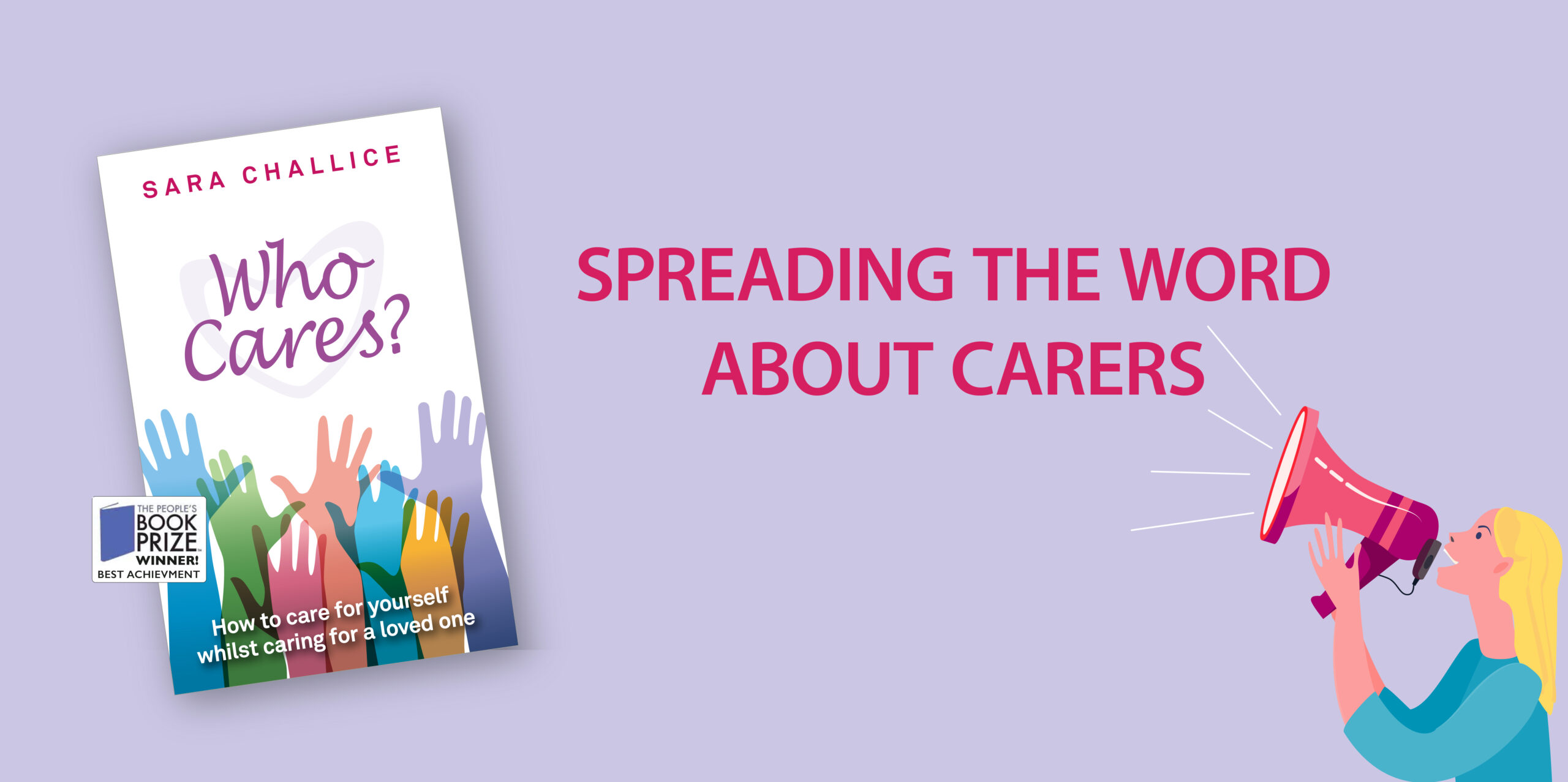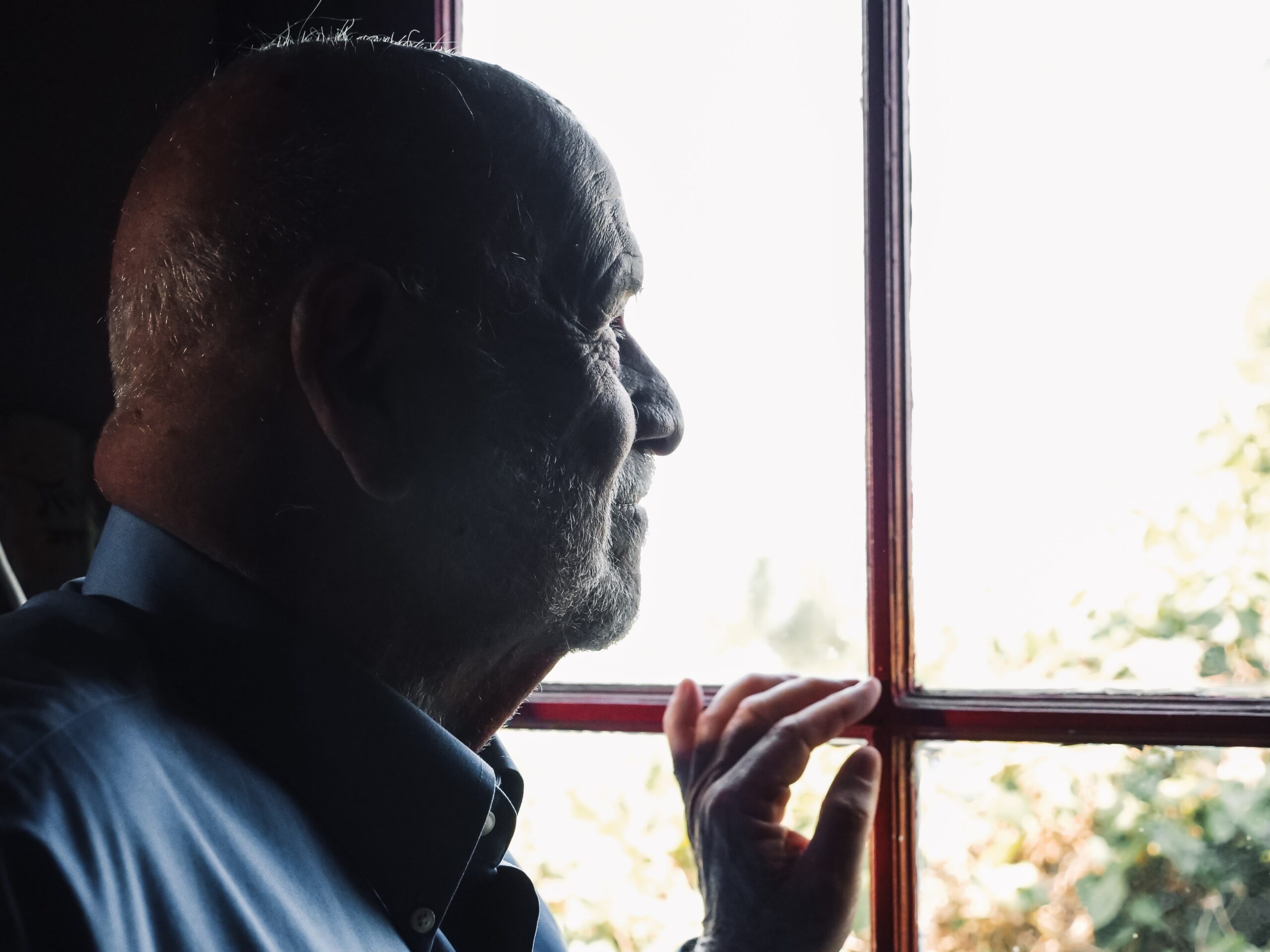
The following blog is by Sara Challice, award-winning author of ‘Who Cares? – How to care for yourself whilst caring for a loved one.’
Have you heard of Health and Wellbeing boards? No, I hadn’t either, until I was asked to be on one a few years ago to represent carers within my borough of Richmond.
There are 153 Health and Wellbeing boards across the country, and their purpose is to establish collaborative decision making, planning and commissioning across councils and the NHS, informed by the views of patients, people who use services and other partners.
At present, I believe I am the only one on one of these boards, but we need a Carer Representative on every board – to ensure carers are represented across the UK, and are considered and supported within the various upcoming papers and proposals. Because if there is a paper on residents living with long-term health conditions, you can guarantee there will be a carer behind the scenes supporting them – but carers can often still be overlooked.
Please do get in touch with your local council and ask your Health and Wellbeing board if they have a Carer Representative.
Supporting Working Carers
Did you know 600 working carers quit every day due to the insufficient support? And inadequate support for working carers costs UK businesses £8.2bn every year.
But there is a better way.
Businesses Virgin Media O2 and Sainsburys recognise carers in their workplace need support, and I give online sessions supporting staff caring for loved ones. Often given during lunchtime hours, these invaluable sessions allow space for carers to learn self care tips, insight and psychology to help them become more resilient and regain balance, whilst juggling work with caring. These sessions can also include their line manager, so there is a learned experience for all, creating a supportive collaboration within the workplace, allowing for better communication.
Sharing Learned Experiences
Have you heard of Caregivers Burnout, the Helper’s High or Compassion Fatigue?
This invaluable insight, and much more, is shared in my sessions to support those caring for loved ones. Whilst engaging carers, I share stories and tips to help improve their health and wellbeing, and each session focusses on a particular topic, helping them gain clarity on all that is happening to and around them, whilst they take back control and find ways to enjoy their lives again – guilt free.
Of recent, carers have been asking for a session on, ‘Preparing for life after caring,’ because often, we just never know when our caring role may suddenly come to an end.
What can carers expect, and what steps can they put in place now to safeguard their own needs for when this big life event occurs? In this particular session, I share my own experience during my transitions once my caring role had come to an end, and I share insight and strategies to help carers with their transition, creating resilience whilst boosting their own health & wellbeing.
“I so could have done with this information. It would have made life so much easier!” – says Sara
Finally, Sara is giving a keynote speech in London for Carers First, a charity supporting carers over a number of counties. In sharing insight and knowledge, the event brings together trustees, staff and volunteers to collaborate, celebrate and plan for the future.
“Sara has delivered many online sessions for Carers UK, and we were delighted when she ran a series of Wisdom to Empower sessions for us, which were some of our highest attended online meet ups of the year. The sessions were highly valued by the carers, providing them with vital support during one of the most challenging times of their lives. Sara shared lots of tips and insight to help them gain the clarity to make positive changes in their lives and maintain wellbeing – not only for themselves, but for those they care for.” – Michael Shann, Head of Membership and Volunteering, Carers UK
Read the first chapter of ‘Who Cares?’ for free here and to get in touch with Sara to learn more about her engaging sessions for carers, please email sara@whocares4carers.com, or to learn more of her expert information, advice and support, transforming the lives of carers, go to www.whocares4carers.com

